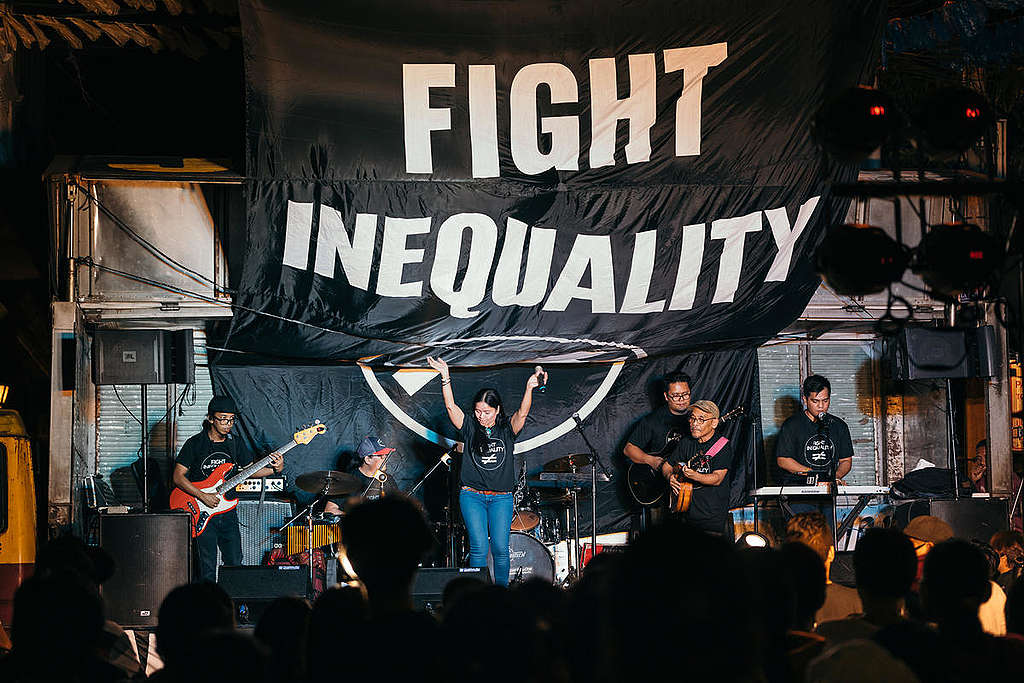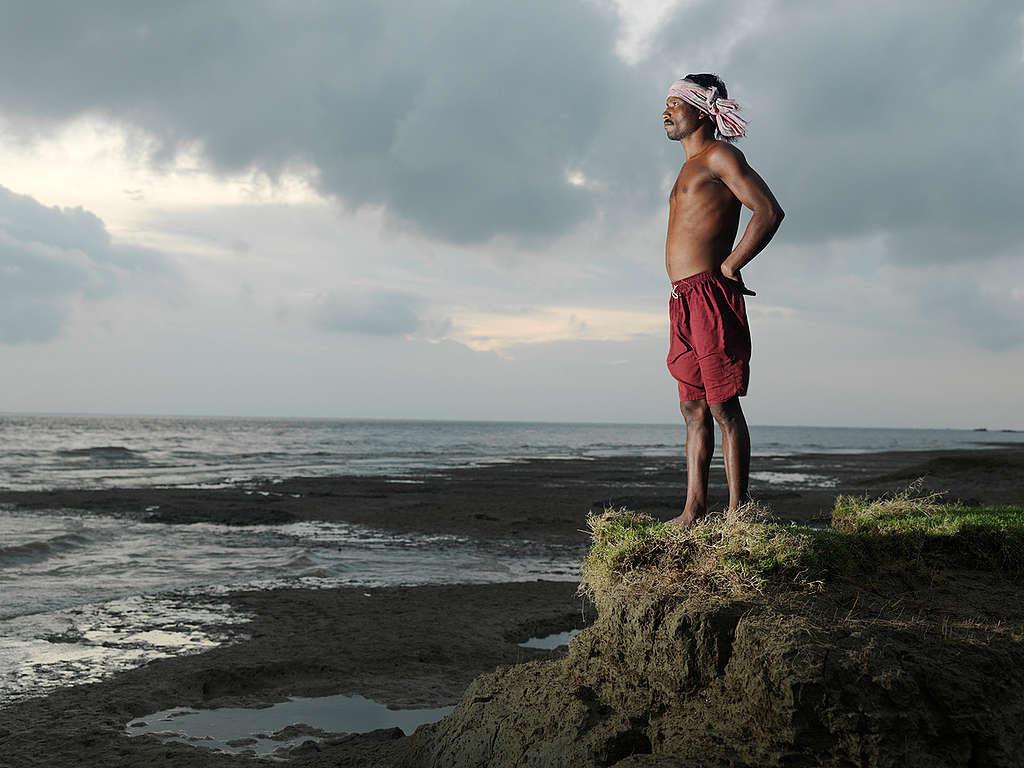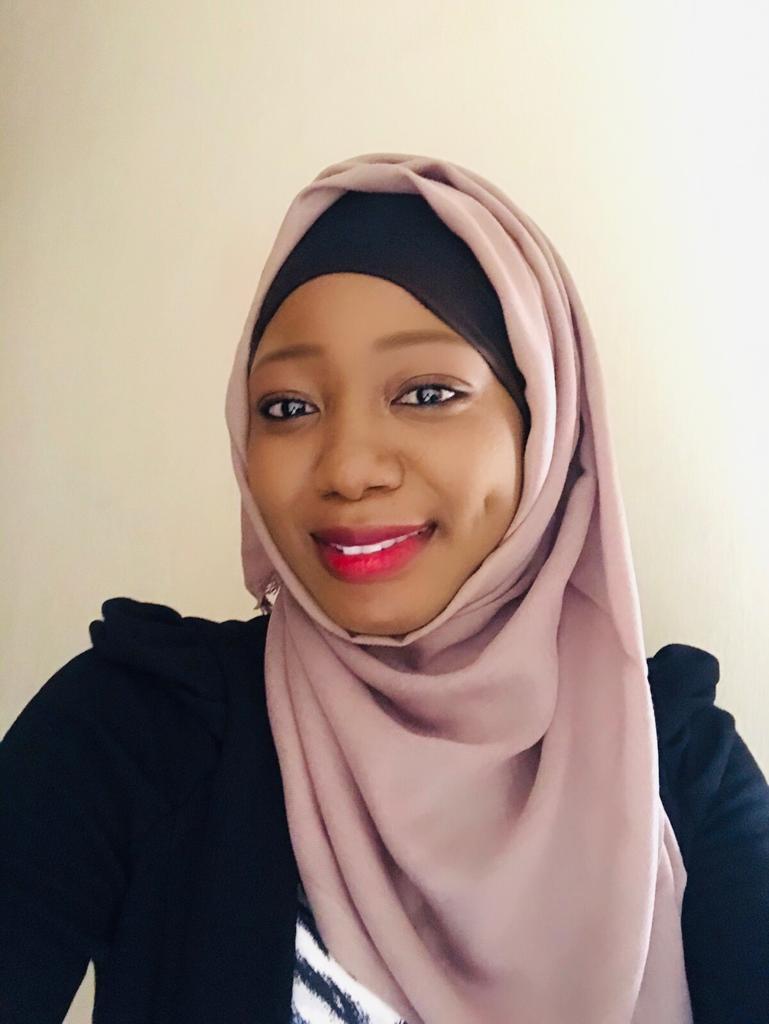Georgia Whitaker
What is fossil capital?
The world we live in has been built around an economic system that prioritises never-ending growth over the welfare of people and the planet. This system plunders our planet’s resources while oppressing our most vulnerable. It perpetuates structural inequalities and deepens the climate crisis and fossil fuels are at its core and is known as “Fossil Capital”
How it works
In 2008, using the financial crisis as an opportunity, fossil fuel companies and governments sacrificed our future in the name of economic growth, punishing the least responsible with “austerity” measures. All while exacerbating the climate crisis, and perpetuating a damaged and deeply unfair system that rewards their greed at the cost of the planet and people.
The consequences of this model have resulted in a multitude of interlinked crises, including climate change, social and economical inequality, all of which deepened with the coronavirus pandemic. And as we try to recover from COVID-19, they are trying to do this again.

Why it matters.
As with all crises, the people already facing the most oppression and inequalities are the ones paying the highest price. And, the only ones benefiting from it are the ones who already have the most power.
To date, thousands of people have already been killed by climate disasters
and millions have been impacted, especially Indigenous and marginalised communities. The youth of the planet is suffering from unemployment, low wages, stagnant job markets, and obstacles to building their own future. Women and lower-income communities are also the hardest hit. And, at the same time, biodiversity loss is increasing at an unprecedented rate
As Togo’s climate justice activist Kaossara Sani
states, “Rich supremacy is killing the planet. Every silence and inaction in rich and industrialised countries for climate is a crime against nature, humanity and a threat to social justice in poor countries.”

What can we do?
We can’t be silent, we have to act.
It’s time to break the system, it’s time to unite and reclaim our power from the ones who have used it against life in all its forms. It’s time to resist and make them accountable for the damage they have made. It is time for the #FossilFreeRevolution! Stay tuned!
Georgia Whitaker, Lead Campaigner Greenpeace Fossil Free Revolution

No comments:
Post a Comment
Note: Only a member of this blog may post a comment.